AARP Hearing Center

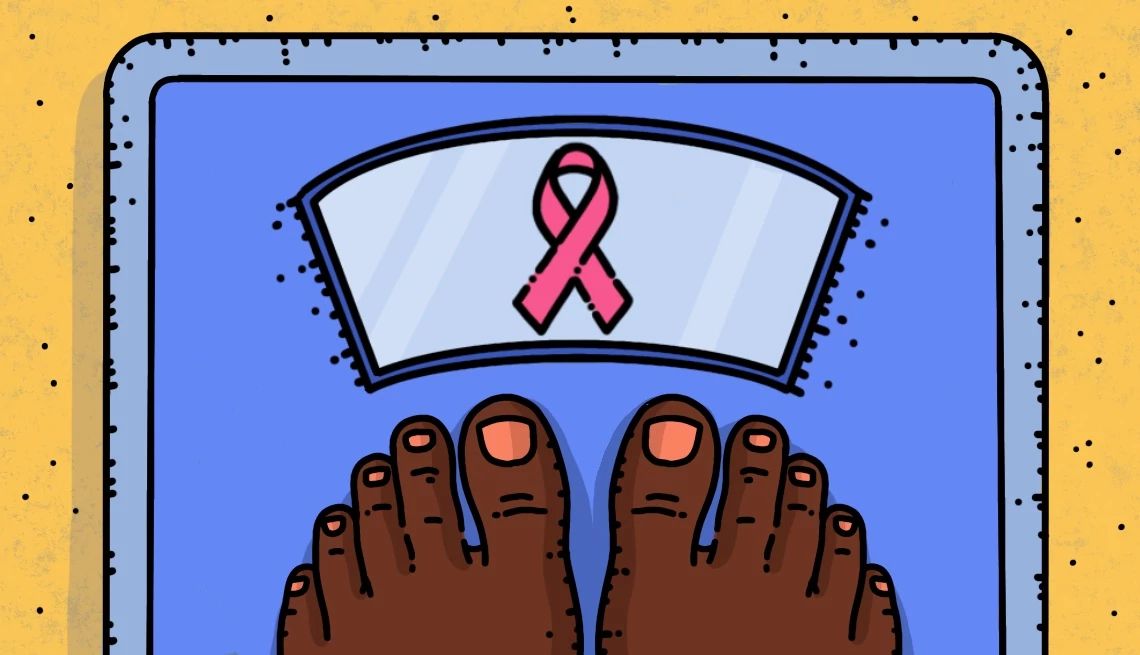
Weight gain during menopause is common, with the average woman gaining between 8 and 12 pounds, according to one estimate — but that doesn’t mean it should be dismissed. Carrying excess weight can have serious effects on your health as you age and can even increase your risk for breast cancer.
AARP spoke to several doctors to find out what women need to know about their breast cancer risk during and after menopause — and the role their weight plays in that risk.
What does weight have to do with cancer risk?
Weight is a sensitive topic for many, and while the term “obesity” has long been used in medical settings, some doctors are shifting away from that label and instead concentrating on promoting fitness and overall health.
“What I try to focus on with my patients is being physically fit and having less body fat,” says Dr. Roshani Patel, medical director for breast surgery at Hackensack Meridian Health’s Jersey Shore University Medical Center, in Neptune City, New Jersey. Patel says having three (or more) of the five conditions that make up what is known as metabolic syndrome puts you at higher risk for breast cancer, along with a variety of other health conditions like stroke and heart disease, so she tries to help patients address any of the factors that play a role in metabolic syndrome, which include:
- Excess weight in the midsection (commonly called belly fat)
- Elevated triglycerides (a type of fat found in the blood)
- Low levels of HDL cholesterol (often called the “good” cholesterol)
- Elevated blood sugar levels
- High blood pressure
“Even women who aren’t technically overweight but have a high body-fat percentage may face this same risk,” says Dr. Brooke Bussard, author of Outsmarting Menopause and a nutrition and fitness coach in Baltimore. “So, it’s not just about the number on the scale — it’s about how much fat tissue is present.”
Why is weight gain common during menopause?
According to the CDC, many women may gain weight before, during and after menopause. This weight gain may be caused by declining levels of the beneficial estrogen called estradiol. Changes related to aging, such as decreased muscle mass and lower activity levels, also contribute, the Mayo Clinic says.
According to the Centers for Disease Control and Prevention (CDC), people who are overweight have a higher risk for developing 13 different cancers, including breast cancer in postmenopausal women, and doctors say fat cells are likely the main culprit.
“Fat cells can be thought of as ‘feeding’ cancer,” says Dr. Melanie Marin, director of the Menopause Program in the Raquel and Jaime Gilinski Department of Obstetrics, Gynecology and Reproductive Science at the Mount Sinai Health System, in New York City, who notes that an excess of fat cells increases inflammation in the body, which in turn increases the risk of many types of cancer.
Not surprisingly, hormones also play a role. “Fat cells store and produce an estrogen called estrone,” says Marin, and excess estrogen of that type increases the risk of breast cancer.



































































)
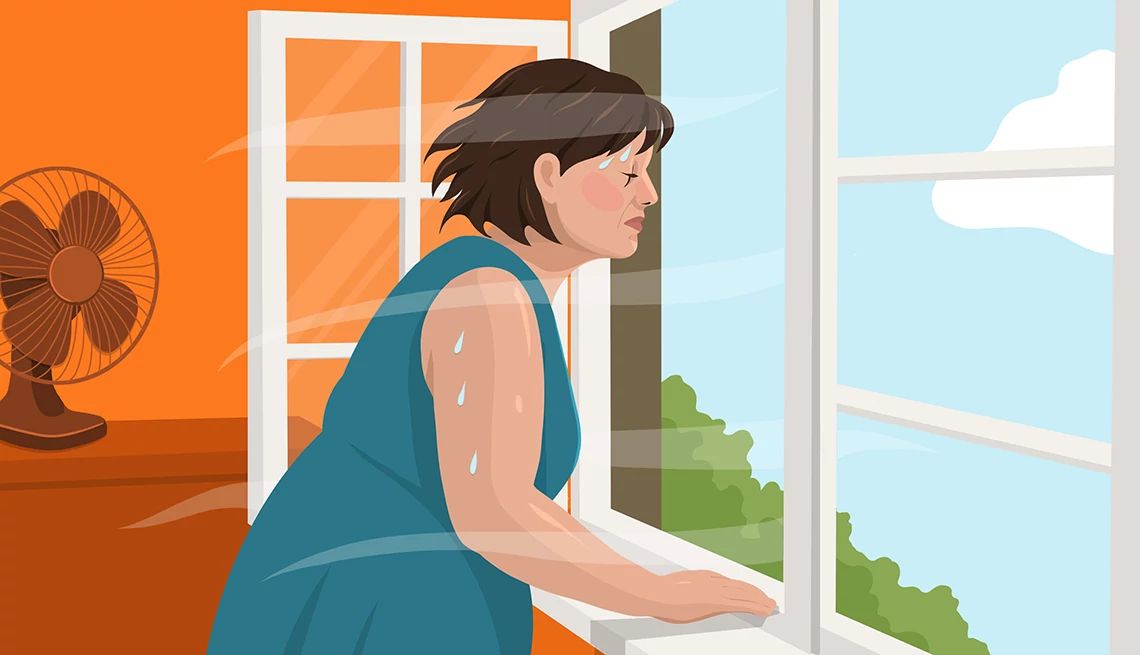




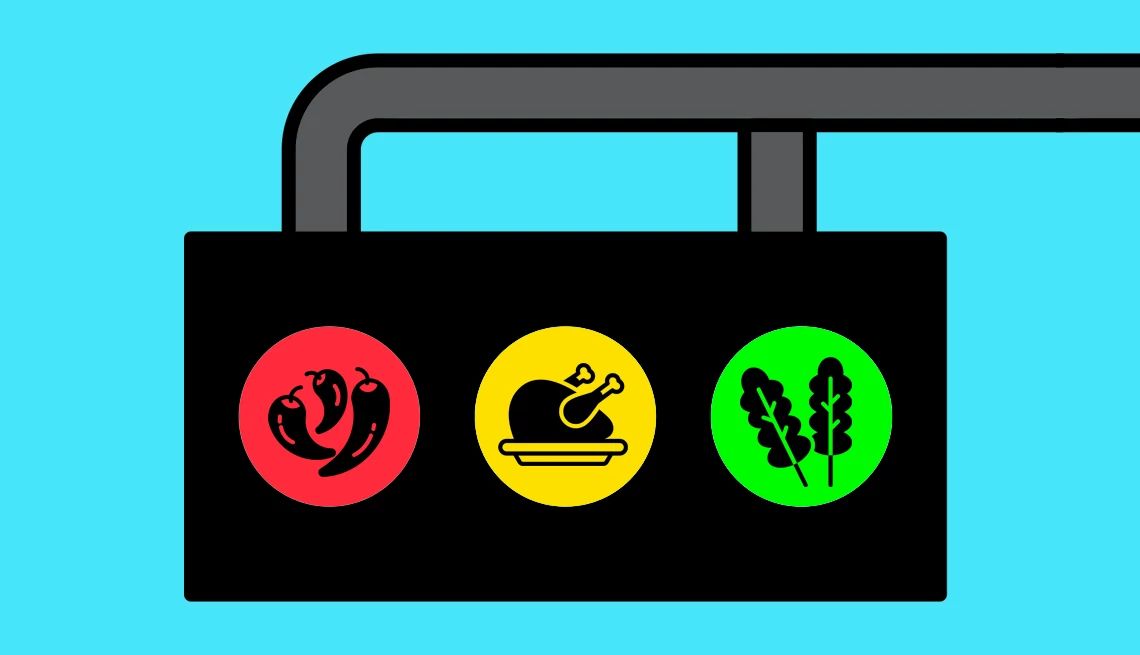
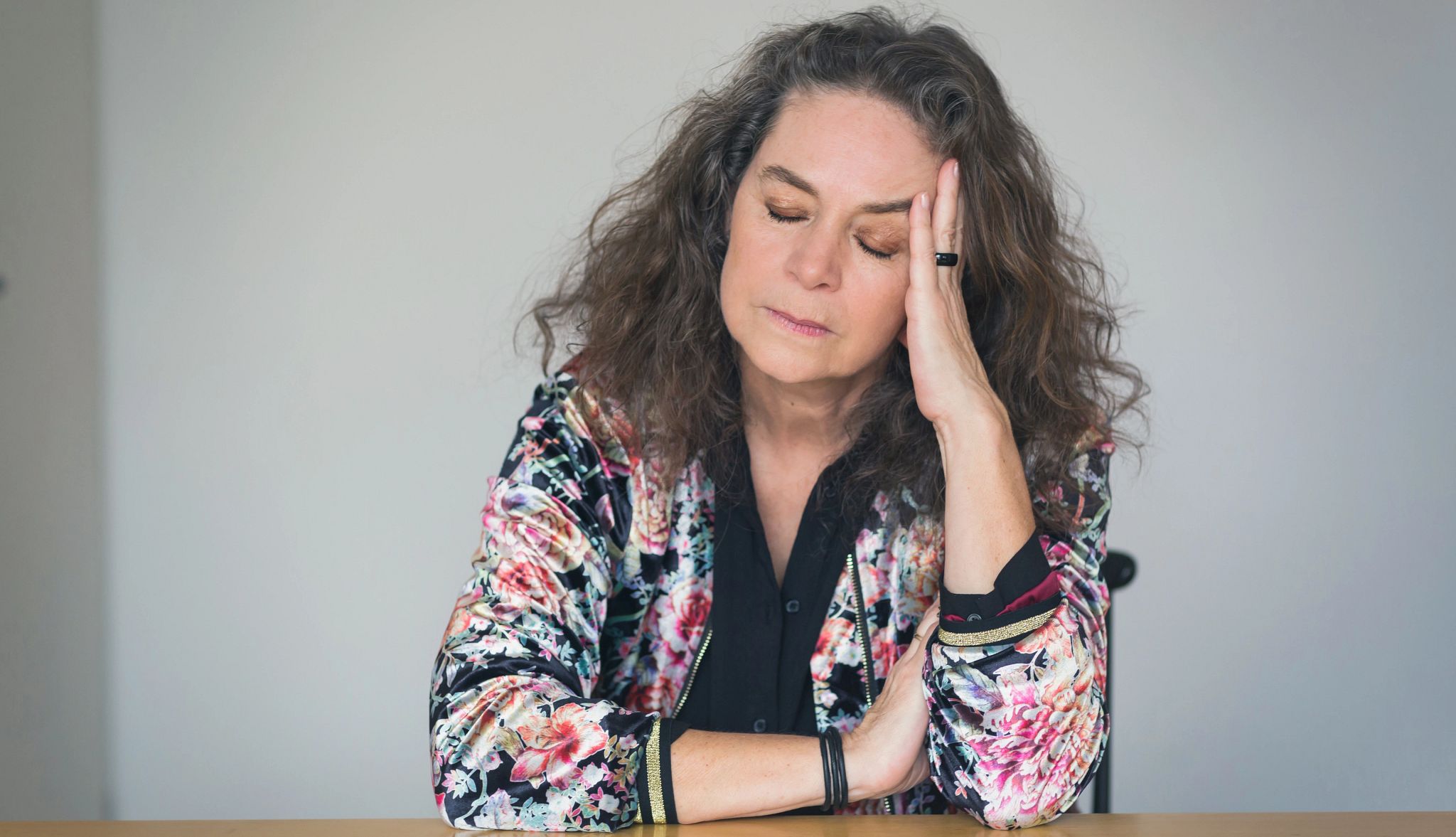
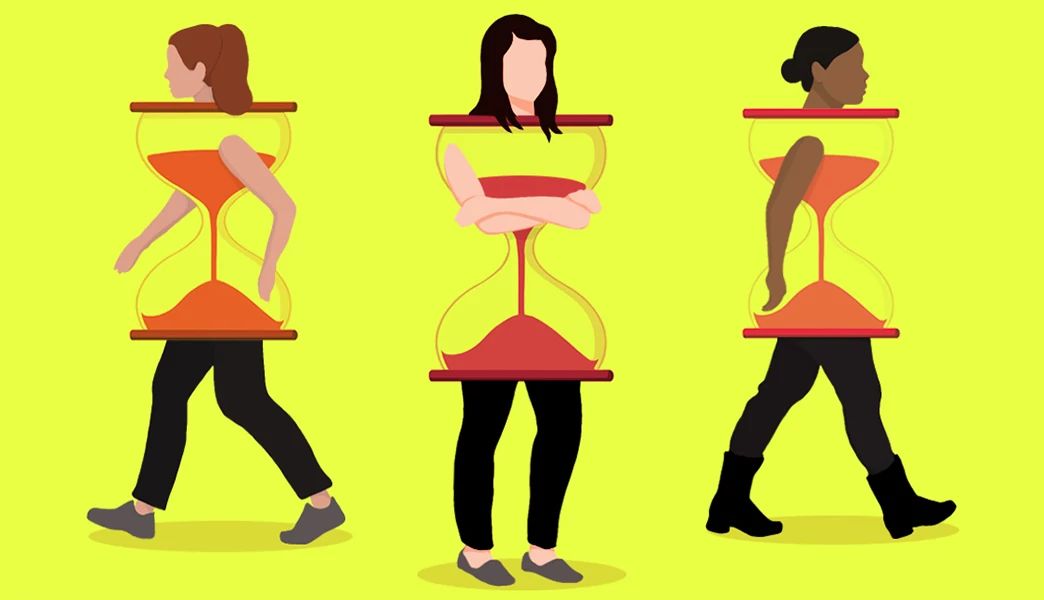


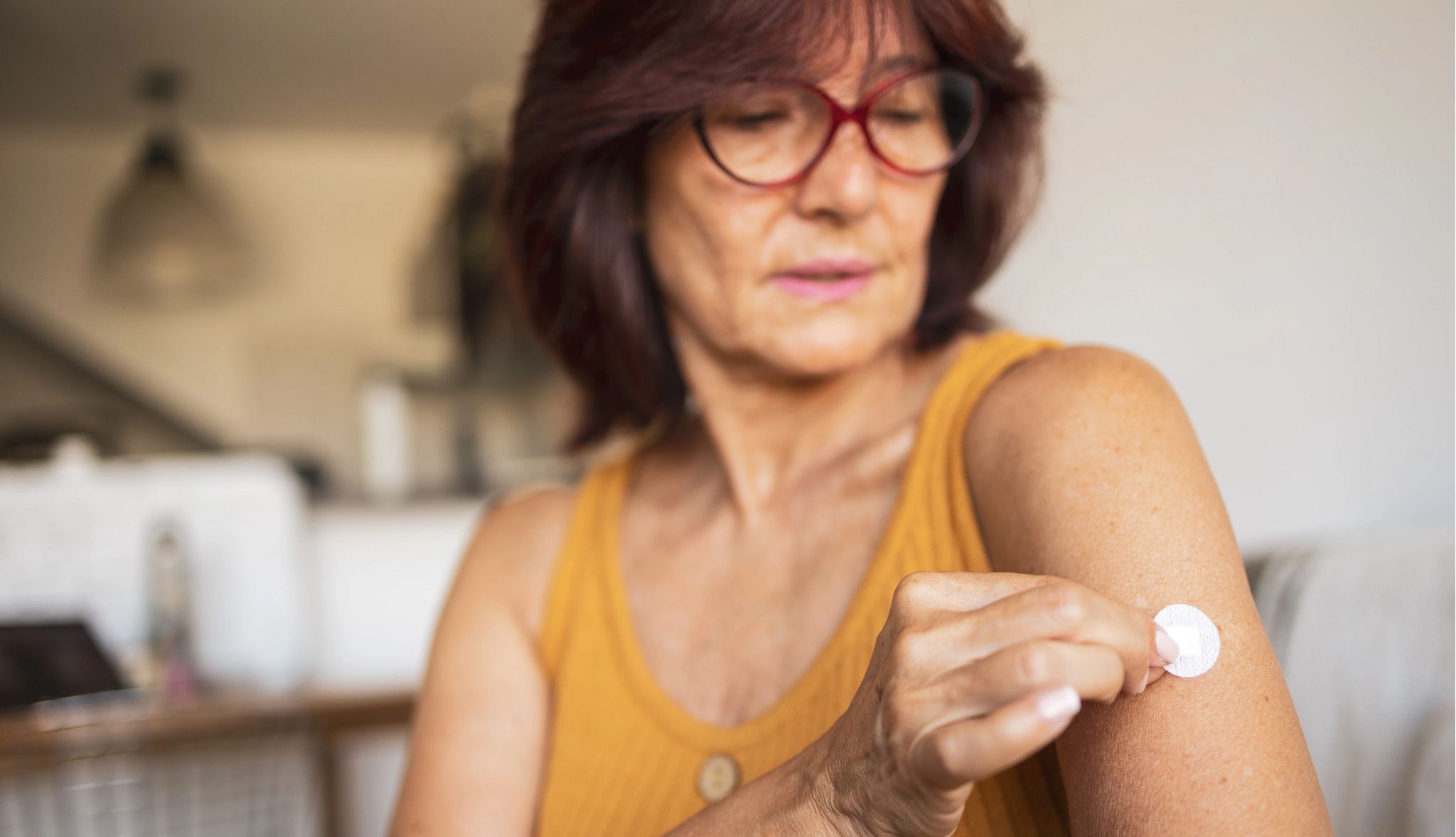






More From AARP
Understanding Dense Breast Tissue Changes
A new FDA rule may change your post-mammogram follow-up care
Breast Cancer Disparities Still Challenge Many
Researchers are also tracking an uptick in new casesHow AI Is Making Mammograms More Accurate
Here’s how AI is helping doctors detect cancer sooner